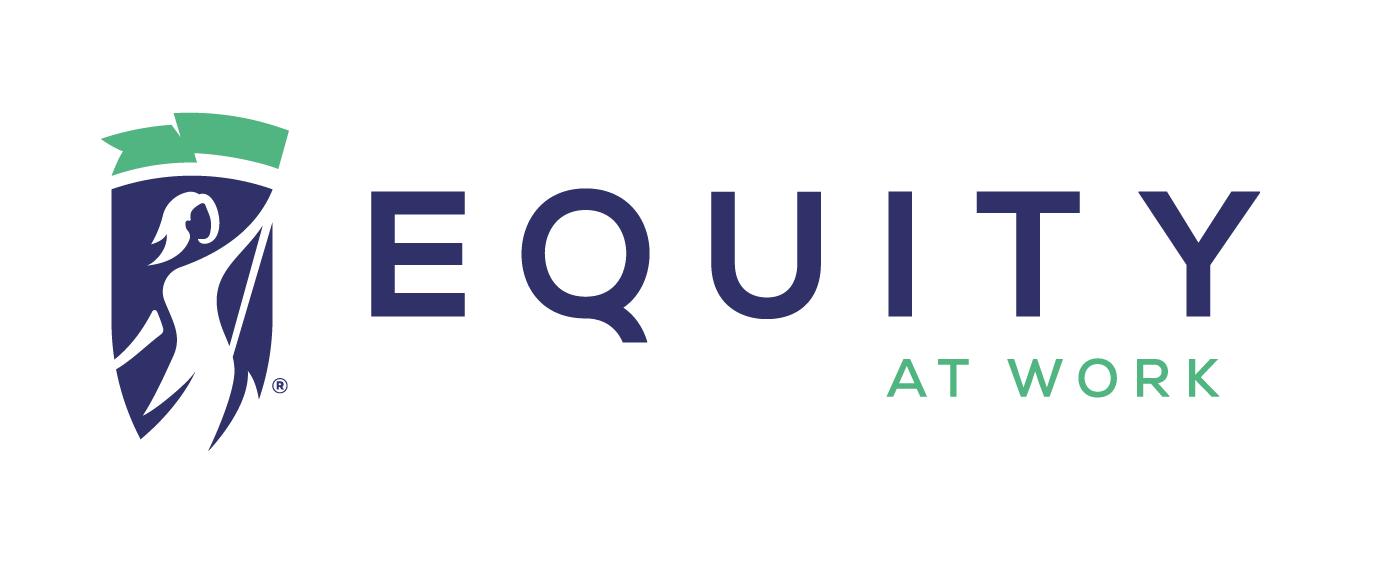How DEI Strengthens Mental Health
In observance OF World’s Mental Health Day,
let’s explore how DEI supports and strengthens
mental health for our workforce
There has been a growing recognition of the importance of DEI in various aspects of our lives, from workplaces to educational institutions. Recognition of the critical need to create inclusive environments where individuals feel welcomed, accepted, and a sense of belonging has been top priority for most employers. Much has been written about the positive impact from DEI initiatives regarding business metrics: it increases employee productivity, reduces absenteeism and turnover rates, improves customer service, and boosts innovation and problem solving.
However, a crucial aspect that often goes unnoticed is how DEI initiatives can help strengthen an employee’s mental health. Let’s take a deep dive on how each component contributes to strengthening mental health for your organization.
Diversity
Diversity encompasses a wide range of characteristics, including race, ethnicity, gender, sexual orientation, and more. When individuals from diverse backgrounds come together, it creates a rich tapestry of experiences, perspectives, and ideas. Research has shown that exposure to diverse backgrounds and perspectives can challenge our biases, broaden our horizons, and enhance our cognitive abilities.
By embracing diversity,
we create an environment that fosters personal growth
and self-acceptance,
which are vital for maintaining good mental health.
Equity
Equity refers to the fair treatment of all individuals, regardless of their background or circumstances. It involves recognizing and addressing systemic barriers that prevent certain groups from accessing opportunities and resources. When equity is prioritized, it ensures that everyone has an equal chance to succeed and thrive. This sense of fairness and justice can have a profound impact on mental health.
Individuals who feel valued, respected and supported
are more likely to experience
higher levels of self-esteem and confidence.
Inclusion
Inclusion goes beyond mere representation; it involves creating an environment where everyone feels welcomed and seen for who they are, holistically. Inclusive environments challenge the stigma and discrimination often associated with mental health. When individuals feel included, they are more likely to seek help, through company resources, and openly discuss their mental health concerns. It allows individuals to share their experiences without fear of judgement or prejudice.
When healthy inclusive environments are present,
individuals are empowered to embrace their authentic selves
and celebrate their unique qualities
while boosting their self-esteem, self-acceptance and self-worth.
DEI as it relates to mental health becomes more critical when considering the disparities that exist within marginalized communities. Individuals from minority backgrounds often face additional challenges and discrimination, leading to higher rates of mental health issues. By prioritizing DEI, we can work towards dismantling these barriers and creating a more equitable and inclusive culture within the workplace. This includes providing culturally competent mental health services, promoting mental health education, and addressing the social factors of mental health.
DEI’s main focus is to empower individuals to be more resilient, better equipped to cope with stress, and have a higher likelihood of maintaining positive mental health. By prioritizing DEI, we can address mental health disparities and create a more equitable and inclusive society for all.
Sign up to receive our newsletter in your inbox and get DEI insights from Equity At Work first.
Photo credit: Marcel Strauß


